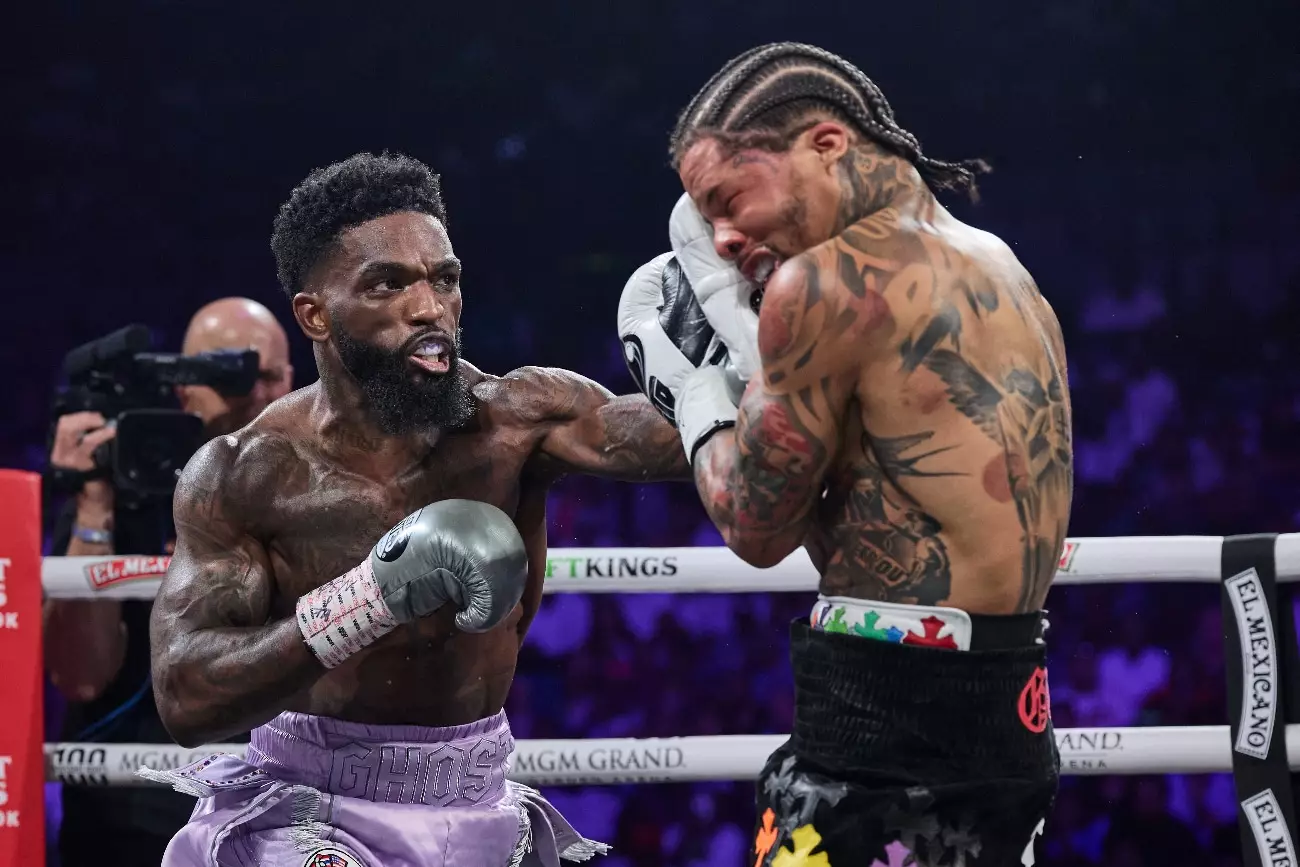In recent years, the boxing landscape has witnessed the emergence of prominent fighters, yet criticisms about their choice of opponents remain rampant. One boxer under scrutiny is Gervonta “Tank” Davis, who has found himself at the center of a debate regarding the quality of opposition he faces. Recent comments by former boxer Paulie Malignaggi highlight these issues, advocating for more accountability among professionals in the sport. The conversation raises essential questions about the current state of boxing and its future trajectory.
Malignaggi’s critique begins with the assertion that Davis has consistently chosen to fight less challenging opponents. He argues that this trend undermines the significance of the sport. With a record of 30 wins and 28 knockouts, Davis’s achievements appear impressive on the surface; however, the legitimacy of these victories is called into question by the quality of his opponents. Fighting against Lamont Roach, a 130-pounder, rather than engaging with more formidable competitors in the 135-pound lightweight category is a glaring example of how boxing can sometimes lean towards artificial star-making rather than genuine talent cultivation.
The boxing community is hungry for authenticity and competitive spirit, yet promoters and fighters increasingly navigate around rigorous challenges to maintain undefeated records. This trend transforms the sport into a strategic game, with matchups tailored to showcase supposed superiority rather than actual skill. Malignaggi’s remarks emphasize that this fabricated approach to boxing can ultimately diminish the sport’s integrity, preventing fans from witnessing the best fighting the best.
At the heart of Malignaggi’s concerns is the notion of risk-taking in boxing. He contends that today’s fighters, including Davis, exhibit a cautious approach to their careers, often opting for what is perceived as safer routes. By avoiding high-stakes matchups—like early contenders like Vasily Lomachenko or Shakur Stevenson—fighters like Davis miss opportunities to test their abilities against world-class opponents. Davis’s later interest in a Lomachenko fight, coinciding with the latter’s decline in form, raises eyebrows. It hints at a reluctance to face challenges when they truly matter.
Davis’s reluctance to face elite competitors earlier in their careers suggests an alarming trend among modern boxers, where the priority is maintaining an undefeated record over pursuing significant bouts. Malignaggi’s passionate argument hinges on the aspiration for a more unified approach to matchmaking that forces fighters to face each other across the divisions, similar to leagues like the NFL and NBA where the best contend with the best.
Addressing the broader issues within boxing, Malignaggi mentions the role of networks and promoters in facilitating these practices. The lack of standardization in how fights are arranged allows disparities in matchmaking. If the sport’s governing bodies were more rigorous in mandating competitors face higher-ranked opponents, perhaps the narrative would shift towards a more credible competition. However, the entertainment aspect of boxing, heavily influenced by pay-per-view revenue, complicates this notion. Promoters often focus on ensuring financial success over cultivating genuine rivalries that thrill fans.
Complacency among fighters and promoters can lead to stagnation in the sport. As Malignaggi pointed out, without structural changes encouraging risky, meaningful matchups, boxing risks losing its appeal. Supporters crave epic showdowns, and when fighters continuously dodge quality opposition, it can lead to waning interest and diminished legacy.
The critique presented by Paulie Malignaggi in regards to Gervonta Davis stands as a reminder of the pressing need for change in the boxing world. The issues surrounding opponent selection, risk management, and the overall conduct of the sport create a landscape where manufactured stars risk overshadowing true meritocracy. Boxing must embrace its competitive spirit, amplify its standards, and commit to meaningful matchups that can genuinely reflect each fighter’s capabilities. For Davis and others in the sport, the question remains: are they ready to rise to the challenge and define their legacies by facing the best, rather than merely maintaining an undefeated record? The choice is pivotal—not just for them, but for the future of boxing itself.

